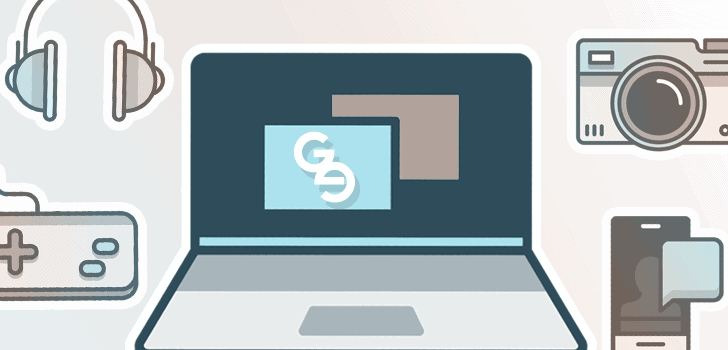The world has seen a plunge in the level of solid waste, which raises the landfill. A vast amount of the waste is non-biodegradable which means it cannot decompose after disposal. Efforts to eliminate these wastes result in dangerous emissions that pollute the environment. Inadequate allocation mechanisms raise the level of disease prevalence caused by the biodegradable wastes. While a vast amount of this waste is recyclable, a vast majority of the global population dispose of them oblivious of what fits the process.
It might not be the case with the Uzer’s Eugene that tells users what ought to go to the dustbins as well as what should be recycled. Increased awareness forms the backbone of the recycling process, which is critical towards maintaining a clean environment. The smart recycle bin recognizes all types of packaging materials and guides the users on the respective receptacle they should put the waste. Amid increased effects to recycle the materials, the ability to separate them at disposal seems a significant step towards achieving higher efficiency.

The smart dustbin is fitted with a barcode scanner, which analyzes the type of the material before opening the mouth. Users need to place the content on the scanner before pressing the opening pedals, to know where the right spot. In the event that the waste has a recyclable part and unrecyclable one, it differentiates the receptacles accordingly. While you might not need the guidance over time, your visitors and kids need the guidance to prevent possible mixing.
Other than guiding you on waste disposal, Eugene features a smartphone app that tracks the commodities going into the dustbin. It develops a grocery list based on the type of waste thrown for the owners to replenish the supplies before they are depleted. It is more than just a mere dustbin, which manages your waste as well as kitchen supplies.
